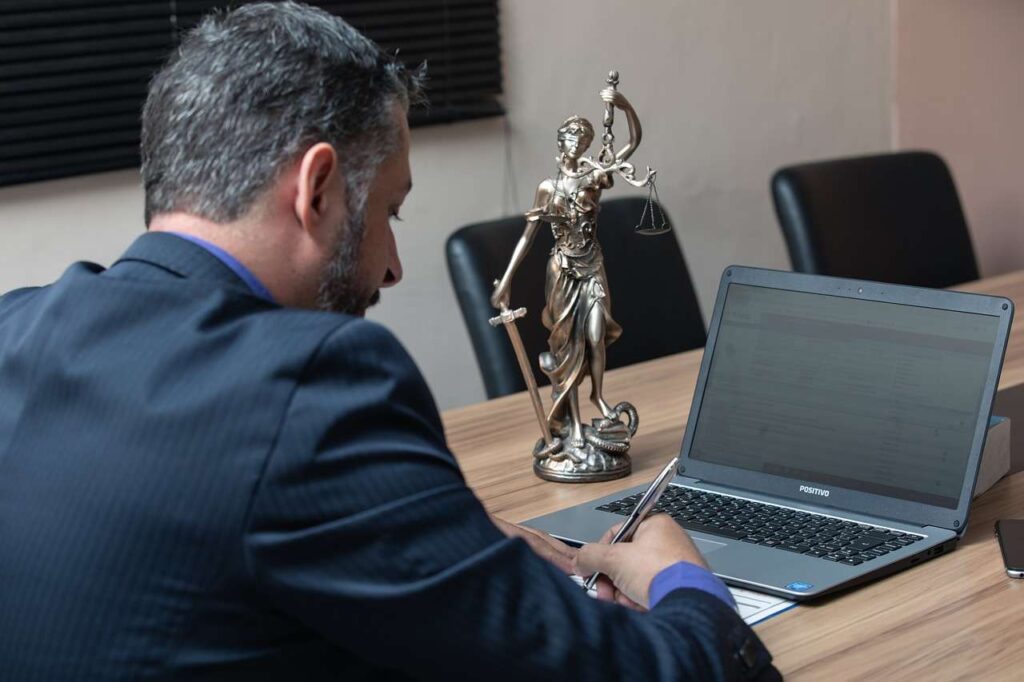
PR EDA : 572-335-4994

Lawyers who plead cases in court are known as advocates. Pleading is the primary way in which these legal representatives convince courts of certain legal or factual arguments.
Jurisdiction – Jurisdiction refers to the legal authority granted to a court for hearing cases. This authority depends on factors like geography and the kinds of cases it can accept for hearing.
Many cases within the legal system result in plea bargains. Even completely innocent defendants may feel pressure to play the odds and plead guilty knowing that trials with weak cases or hostile witnesses can be costly affairs. Furthermore, guilty pleas remain on your permanent record and could affect your ability to find employment or rent an apartment – as well as having implications on eligibility for government assistance programs.
An obvious advantage of accepting a plea deal is receiving a lesser sentence than would result from going through with trial and being found guilty; it may even help noncitizens avoid deportation proceedings. However, before accepting such an arrangement it’s crucial that all collateral consequences with your lawyer are communicated properly – otherwise you could file a claim alleging ineffective assistance of counsel.
Trial preparation requires the identification and preparation of key witnesses for their testimony, reviewing relevant case law and legal precedents as well as any new laws which could have an effect on your case, organizing your file properly, and creating a trial theory which will serve as the basis of all aspects of trial proceedings.
Draft proposed jury instructions and verdict forms for your case. Ensure these are clearly written, succinct, and in line with both judge preferences and legal precedents.
Final consideration should be the preparation for any motions that could arise at trial. Going in unprepared can have dire repercussions; without all necessary information available it could derail a case completely. It is therefore crucial that documents and transcripts from depositions be checked for accuracy to prevent confusion during the proceedings.
Trial preparation involves creating a roadmap for the entire trial process, which may involve gathering witnesses who can bolster a case, as well as documents and evidence supporting it, documents supporting technical aspects, experts who can explain technical details to explain technicalities involved, jury instructions to be created for jurors, as well as developing arguments against opposing party claims.
Preparing and scheduling witness lists and appointments are essential steps in building your case. Your attorney should contact each potential witness individually in order to assess their ability to add value and ensure they can be subjected to direct examination or cross examination without issue.
Attorneys should also prepare a legal brief, which is a digest and citation to all statutes, cases and authorities to be relied upon at trial. An index should also be included to make it easy for their clients to locate relevant points during argument. Furthermore, opening and closing statements are also needed from attorneys.
On trial day, it is essential that you plan for enough time off work and childcare arrangements. A judge may schedule multiple trials at once so it will likely require four hours from when your trial starts to complete the entire proceedings.
Trial is an event in which attorneys cross-examine witnesses and argue over the facts of the case before being brought before a judge for ruling on whether or not someone is guilty. Sometimes unexpected surprises emerge; computers break, jurors fall sick, witnesses change their story suddenly etc.
Some cases resolve prior to trial, so the judge may postpone it until another date. Sometimes he or she will allow a defendant to plead nolo contendere (neither admitting guilt nor contesting there is enough evidence against them), in which case a judge will sentence accordingly – usually not imposing prison time.